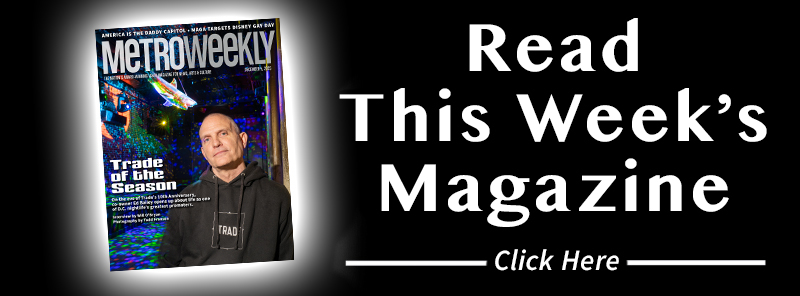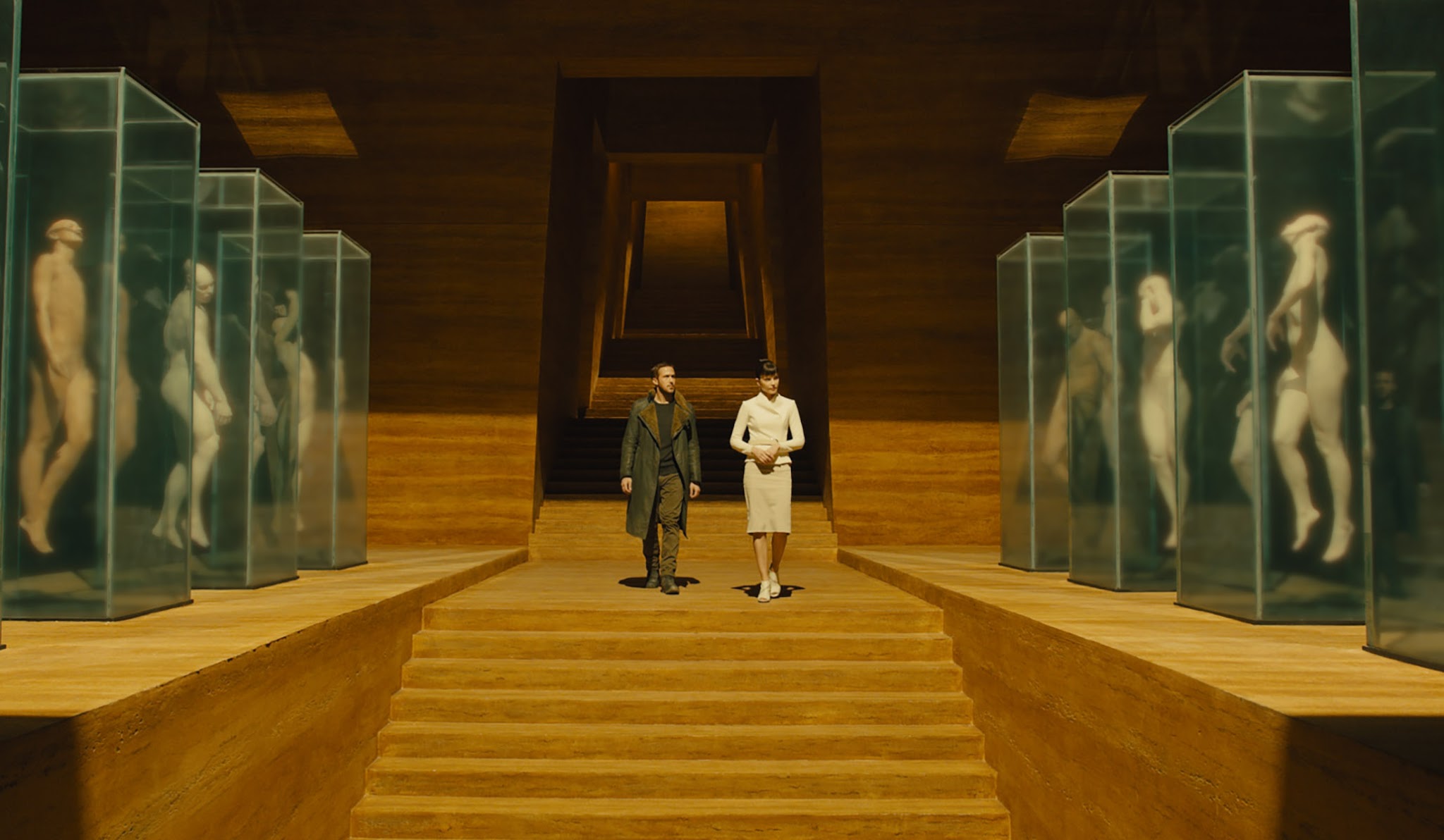(Spoiler-Free) Review: Blade Runner 2049 is the greatest sequel in cinema history
Smart, thrilling, emotionally potent, Blade Runner 2049 uses the original as a launching pad and soars beyond the stars

Immediately following an advance screening of Blade Runner 2049, critics were politely issued a spoken directive by the film’s PR agents as to what the studio preferred not be revealed in reviews so as not to spoil the movie for the eager throngs anxious to storm theater gates on opening weekend.
Unfortunately, given the thundering (and genuinely astonishing) Dolby Atmos sound system, no one could hear the speech over the end credit music. So an email rapidly followed, to clarify the request before any rampant Tweeting started.
Here is what they asked, removing, of course, any details that might cause spoilage:
- Please do not mention any cameo roles, including references to [REDACTED].
- Do not mention that there are [REDACTED].
- Do not reveal the fate of any of the characters.
- Do not confirm who is a human and who is not, as is the long-standing tradition with this franchise.
- Do not mention that [REDACTED] is a [REDACTED], what [REDACTED] discovers at the [REDACTED], or any of [REDACTED].
- Do not mention that [REDACTED] is [REDACTED].
- If asked about [REDACTED] please say, “We meet many striking characters over the course of the film, and [REDACTED] is one of them…. I wouldn’t want to single anyone out, you’ll have to see the film for yourself to truly appreciate where everybody fits in.”
Well. Okay, then. So what can be said?
This: Blade Runner 2049 is not only one of the most profoundly intelligent, emotionally resonant, viscerally thrilling, sumptuous looking films of 2017, it is, hands-down, the greatest sequel in the history of cinema.
Period.
I won’t go so far as to say that the movie surpasses Ridley Scott’s original, which, in 1982, opened to lukewarm reception and took some time and recuts (including the Scott-helmed, fan-heralded “Final Cut”) to attain its richly deserved status as a masterpiece of science fiction cinema, but it comes pretty damn close. Directed by Denis Villeneuve, who helmed last year’s similarly dazzling and cerebral Arrival, Blade Runner 2049 (⭐⭐⭐⭐⭐) magnificently dovetails with the original film, furthering its narrative in ways that are by turns surprising, unpredictable, even rapturous.
A supreme visualist, who, like Scott, expertly balances the understated with the eye-popping, Villeneuve bolsters, enhances, and integrates elements from the first film that connect the two movies genetically and organically. It’s a near-miraculous achievement, and if the film slows to a crawl at points, it’s deliberate, so that the narrative has time to simmer before furiously boiling over — notably in a climax set amid a massive, flood-bearing rainstorm that ranks with the most gripping, heart-stopping fight sequences ever committed to film.

Throughout the film, Villeneuve pays homage to Scott’s aesthetic and style by including reflections of rippled water on walls and translucent raincoats. From the start, the movie addresses the natural evolution of replicants — androids that are, as their inventor Eldon Tyrell notes in the first film, “more human than humans themselves.” Blade Runner 2049 and its predecessor are both, essentially, movies about the search for identity. They’re about what it means to have a soul — and whether or not a soul (as well as love) can exist if its casing has been manufactured from an assembly line. (The movie shares a strong DNA with HBO’s Westworld in this regard.) There is plenty of heady stuff in both Blade Runner movies, but the sequel takes things several notches further, the result being a film with a more concrete sense of purpose and far less dreamy ambiguity.
As a policeman who “retires” old-model replicants, doleful Ryan Gosling is serious and sober-faced, serving perfectly as the film’s anchor and guide, unravelling its layers of mysteries as if peeling an onion. He’s matched by a superb cast that includes Robin Wright as his razor-edged superior, a glorious Ana de Armas as his devoted girlfriend, Dave Bautista, who proves his fine performances in Guardians of the Galaxy series are more than just flukes, and Jared Leto, in full creep-out mode as Niander Wallace, a blind inventor and visionary who has taken replicants to a whole now level.
It’s no state secret that Harrison Ford reprises his role of the original’s Detective Rick Deckard. What’s nice is that his role is no mere walk-on but is both significant and essential to the narrative. Ford’s performance is as emotionally resonant as you could hope for, and his very involvement raises the movie’s narrative stakes to an all-in level.
The movie’s sly secret weapon, however, is Sylvia Hoeks, a Dutch actress who plays Wallace’s icy, take-no-prisoners assistant. This is no mere star-making performance, it’s an explosion of raw talent, as Hoeks creates a character as indelible and unforgettable as it is unsettling and terrifying.
To be frank, everything about Blade Runner 2049 is indelible and unforgettable. Like much of science fiction, it explores the quest for humanity in a world that has become distinctly inhospitable to all things human. But peering through the shuttered blinds of its dystopian vision are genuine rays of hope. Blade Runner 2049 is what all science fiction movies should be like: rich, magical, transporting, profound.
Or, to put it another way, [REDACTED] awesome!
Blade Runner 2049 is rated R for violence, profanity, and android nudity. Opens Friday, Oct. 6, at area theaters. Do what you can to see it in IMAX or, even better, the extraordinarily immersive Dolby Atmos. Visit Fandango.com.

Support Metro Weekly’s Journalism
These are challenging times for news organizations. And yet it’s crucial we stay active and provide vital resources and information to both our local readers and the world. So won’t you please take a moment and consider supporting Metro Weekly with a membership? For as little as $5 a month, you can help ensure Metro Weekly magazine and MetroWeekly.com remain free, viable resources as we provide the best, most diverse, culturally-resonant LGBTQ coverage in both the D.C. region and around the world. Memberships come with exclusive perks and discounts, your own personal digital delivery of each week’s magazine (and an archive), access to our Member's Lounge when it launches this fall, and exclusive members-only items like Metro Weekly Membership Mugs and Tote Bags! Check out all our membership levels here and please join us today!

























You must be logged in to post a comment.